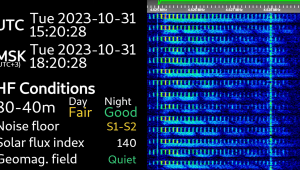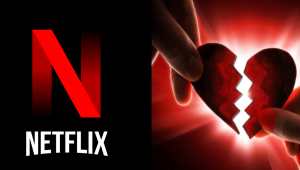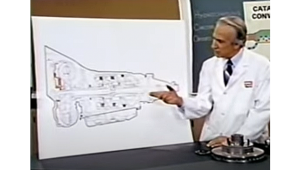What ever you have going on in your head is your business.
For listening on my iPhone10S, I use Audeze Isine 20's. Since they have a DAC in the lightning cable, they circumvent what ever nasties may be made by the iPhone's DAC. Whether that's a real issue is up for debate.
Most of my earphone listening is done in transit so having the purest sound is not really going to be audible when on a commuter train.
If I'm doing "serious" listening, I'm in my home theater.
The iPod had it's time. Loved it when it was around and even got mugged for one in Philly. The idiot that bashed me over the head couldn't find a way to sell it and dropped it outside the center city Philly Apple Store (I'm assuming that was their last ditch attempt to sell it).
An employee called me after finding it. I'd already bought a replacement and sold the old one to a friend.
So, all being said, I'm not really understanding the need for stand-alone music players.

































































